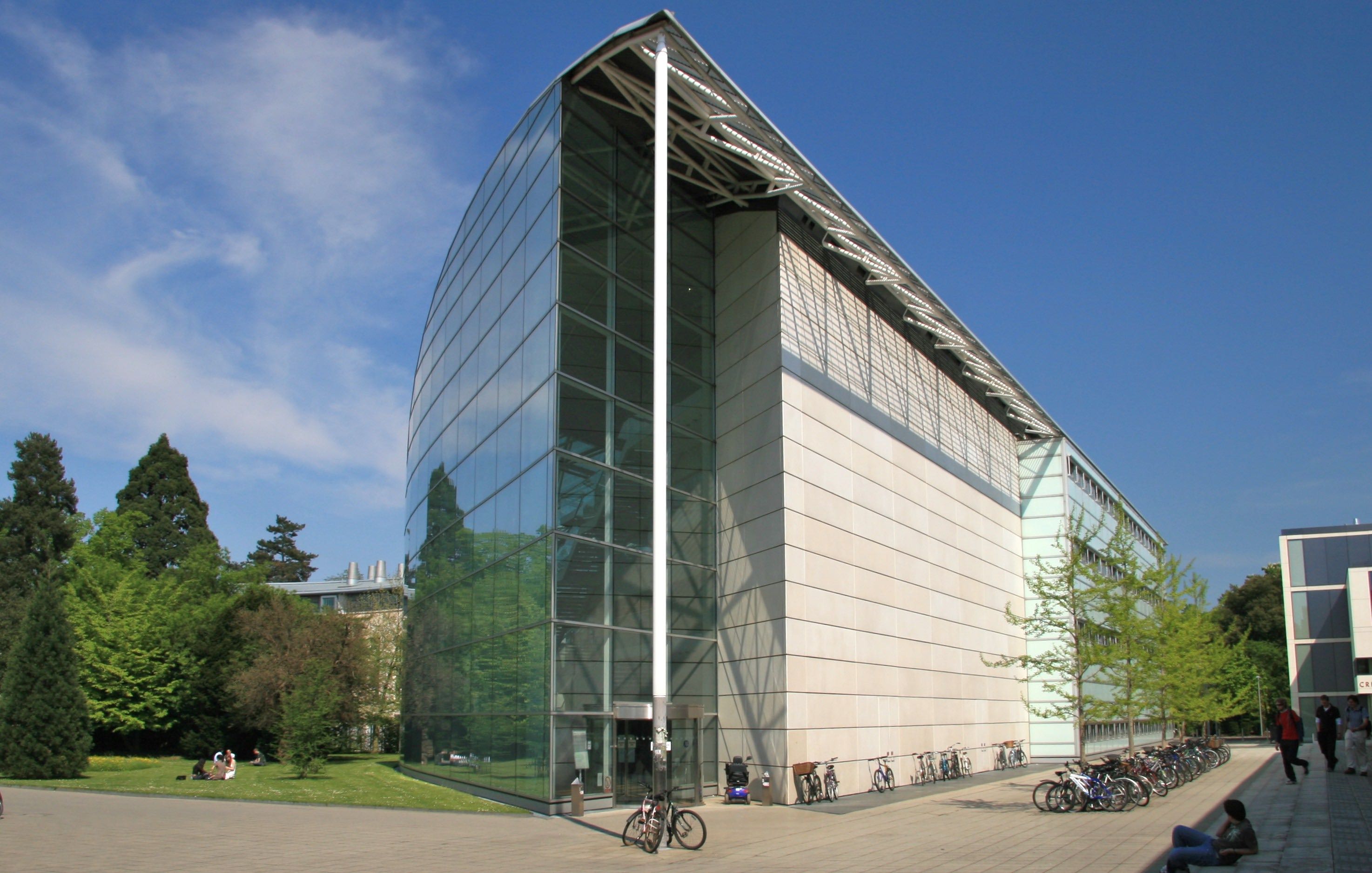资源、能源和环境法中心(CREEL)于1986年在墨尔本法学院成立。原先是自然资源法中心,教学计划主要集中在与采矿、石油和水资源有关的法律,重大资源项目的法律结构和融资以及环境监管的某些方面。1996年,CREEL对研究方向进行了重大修改,以扩大该计划的范围,涵盖具有国家和国际重要性的当代问题。
当前研究主题包括能源的生产和分配,着重强调国际气候变化法和国内能源转型;能源、资源和基础设施项目对环境的影响,可持续粮食系统和动物法、生物多样性保护、土地和水域的权利与法律等。CREEL与各种组织合作进行研究,包括联合国环境规划署(环境署)、国际律师协会能源、环境、自然资源和基础设施法科、墨尔本水务管理局等。CREEL在美国、加拿大、欧洲和英国的大学领先的环境和能源法律中心拥有研究合作伙伴,并太平洋区域的研究中心建立关系。CREEL旨在促进环境资源法律的研究、教学和出版,将其纳入法律监管和政策框架,涉及保护环境、促进生态可持续发展;能源的生产和分配,气候变化法律和法规;自然资源可持续发展;城市地区基础设施的规划和监管,以及与能源和资源开发相关的监管。

The Centre for Resources, Energy and Environmental Law (CREEL) was established in 1986 at Melbourne Law School. Formerly the Natural Resources Law Centre, the programme focused on laws relating to mining, oil and water resources, legal structuring and financing of major resource projects, and certain aspects of environmental regulation. In 1996, CREEL made major changes to its research directions to expand the scope of the program to cover contemporary issues of national and international importance.
Current research topics include energy production and distribution, with a strong emphasis on international climate change law and domestic energy transition; Environmental impacts of energy, resources and infrastructure projects, sustainable food systems and animal law, biodiversity conservation, land and water rights and laws, etc. CREEL collaborates with various organisations on research, including the United Nations Environment Programme (UNEP), the International Bar Association's Energy, Environment, Natural Resources and Infrastructure Law Section, Melbourne Water Authority and others. CREEL has research partners at leading environmental and energy law centers at universities in the United States, Canada, Europe and the United Kingdom, and has established relationships with research centers in the Pacific region. CREEL aims to promote the research, teaching and publication of environmental resources law, and to integrate it into the legal regulatory and policy framework, involving the protection of the environment and the promotion of ecological sustainable development; energy production and distribution, climate change laws and regulations; sustainable development of natural resources; Planning and regulation of infrastructure in urban areas, as well as regulation related to energy and resource development.